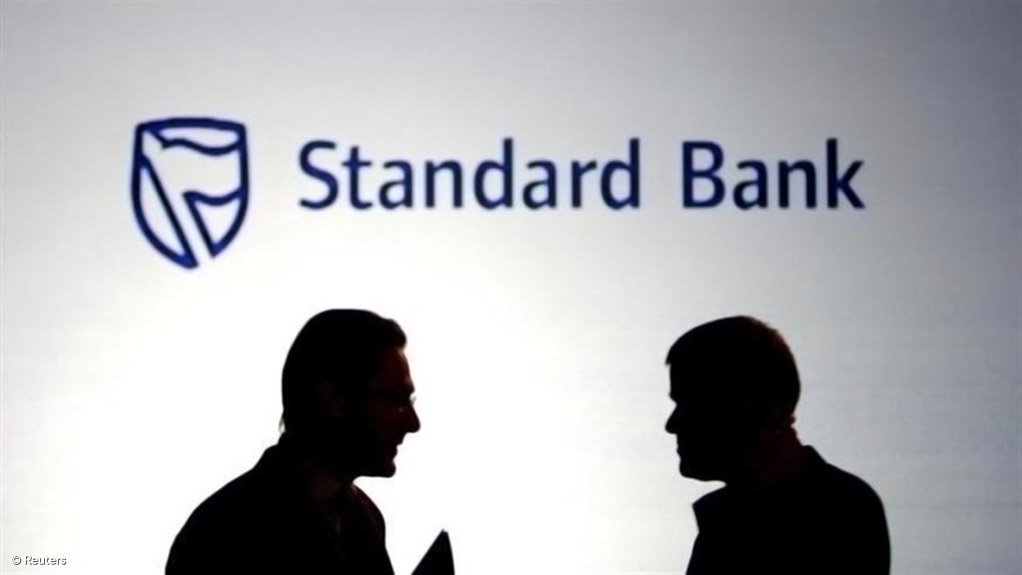As banking workers prepare for the biggest strike to protect jobs in decades, South Africa's big banks say they remain net job creators.
The Banking Association of South Africa said South Africa’s six largest banks had 152 441 employees in 2018, some 4 000 more than the total of 148 500 employees in 2015.
“Given the strong growth in smaller banks and financial technology companies, the financial system in total remains a growing employer,” the association said in a statement.
In addition to South Africa's established banks, there are three new competitors on the market – Tyme, Bank Zero and Discovery – with the reestablished African Bank also taking off. They are all high-tech banks with fewer branches and staff than the old generation.
The planned strike on Friday against job losses is being organised by South African Society of Bank Officials (Sasbo), which boasts of having 50 000 members.
The banks, meanwhile, will on Wednesday try to interdict the planned mass action on a technicality. Sasbo issued its socio-economic strike notice in 2017 and it is only now executing it. Lobby group Business Unity SA, representing the big banks, says the notice is invalid.
A socio-economic strike is permissible in terms of the Labour Relations Act. Such a strike is called to protest economic trends detrimental to workers and to the wider country. Sasbo, affiliated to trade union federation the Congress of South African Trade Unions, has planned the strike to protest the fact that many big banks have issued restructuring or retrenchment notices.
While these notices are likely to ultimately result in a relatively small number of job losses - banks say most reductions will be achieved by natural attrition and by transferring workers - Sasbo is also taking aim at automation and robotic advancements which could lead to far higher numbers of job losses over the medium-term.
Fourth industrial revolution
While Sasbo is represented on President Cyril Ramaphosa’s fourth industrial revolution commission and says it is a supporter of modernisation, it is opposed to retrenchments.
Writing in Sasbo news, the group's internal newsletter, union president Moses Lekota said: “Sasbo has taken the lead in helping the South African finance industry to embrace the Fourth Industrial Revolution in the most employee/employer-friendly methods possible.
“(But) Sasbo’s position is clear. (The) union remains incontrovertibly opposed to retrenchments.”
Sasbo says the banking sector can avoid job losses through attrition, redeployment, incentivized retrenchment and retirement packages, among other measures.
Banks, organised under the rubric of Basa, say they are already doing just this. “South African banks are painfully aware of the high rate of unemployment in the country. Basa members who are restructuring their businesses have indicated that a few hundred employees are at risk of retrenchment. There are no final figures yet, as negotiations are still underway.”
While four of the big banks have issued restructuring notices, the financial industry as a whole is growing, which suggests there may be more opportunities than threats. In September, Finance Minister Tito Mboweni said in a speech that the National Treasury and World Bank had mapped the financial technology industry and found 220 new organisations has opened shop here since 2008.
EMAIL THIS ARTICLE SAVE THIS ARTICLE
To subscribe email subscriptions@creamermedia.co.za or click here
To advertise email advertising@creamermedia.co.za or click here











